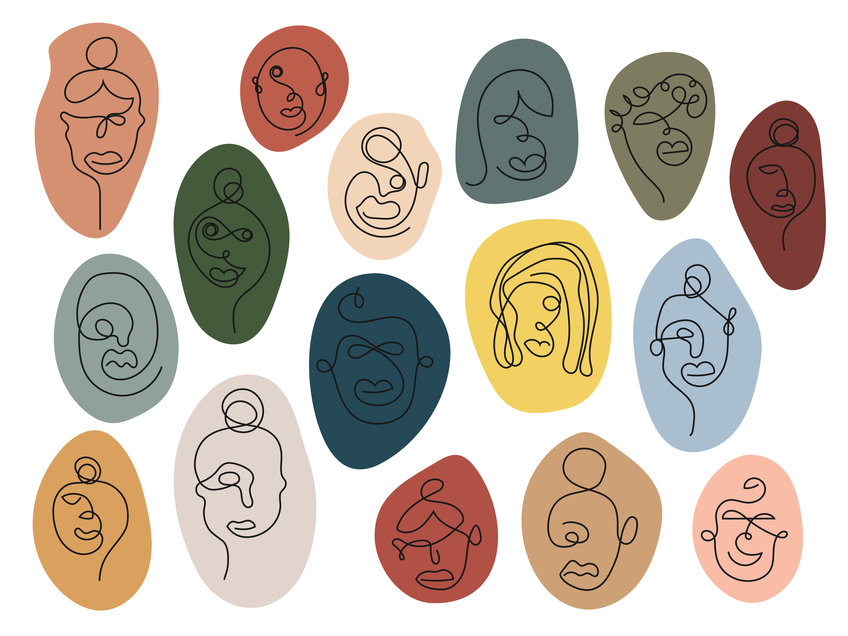
Analysis of the Constitutional Gender Order in 21st Century Peruvian Jurisprudence
The outcome of this research project will be a collaborative contribution to an edited volume on gender and constitutionalism in Latin America, forthcoming from Routledge, which undertakes a close examination of the role of constitutional law and litigation in addressing the rights and claims of women and LGBTQIA+ people. The overall aim of the volume is to identify the effectiveness of constitutional mechanisms in the Latin American context in advancing or hindering these rights, and to contrast them with alternative legal avenues.
Cristina Valega's co-authored contribution to this book consists of a nuanced assessment of the recognition and realisation of the rights of women and LGBTQIA+ people within Peru's constitutional framework. The chapter examines the decisions of the Constitutional Court and key national constitutional tribunals from 2005 to 2020. Employing a constitutional, intersectional, and law-in-context analytical framework, the chapter identifies constitutional advances in light of the growing feminist and queer social movements in the country. It also highlights the insufficiency of these advances to achieve substantive gender equality and identifies notable setbacks in the constitutional landscape. The research shows that the dominant constitutional discourse in Peru tends to portray women primarily as victims of violence in need of legal protection, rather than recognising them as subjects with rights. Furthermore, it calls attention to the significant neglect and pathologisation of LGBTQIA+ people under the Peruvian constitutional order, where their fundamental rights are denied. This neglect is underscored by a persistent lack of intersectionality in judicial reasoning, which leads to the exclusion of specific populations, such as indigenous peoples, trans people, Afro-descendants, people with disabilities, and people living in poverty. These groups face heightened inequalities and invisibility due to the shortcomings of the constitutional framework.
The chapter's central argument is that substantive constitutional reforms that go beyond mere formal advances are essential to protect and uphold fundamental rights while ensuring the material conditions necessary for a decent quality of life. The findings contribute to the broader discourse on gender and constitutionalism and provide insights for future research efforts within the Latin American legal community.
| Expected outcome: | Chapter in an edited volume (2024) |
|---|---|
| Research focus: | IV. Other Projects |
| Project language: | English |
| Illustration: | © iStock.com/Jennifer Kosig |
Key publication
Presentation
Workshop: Trajectories and Latin American Gender Constitutionalism (II): Brazil, México, Perú and Puerto Rico, 07/08/2024. Presented at ICON S Annual Conference. The Future of Public Law, Resilience, Sustainability, and Artificial Intelligence, IE University Law School, 07/8–10/2024.









